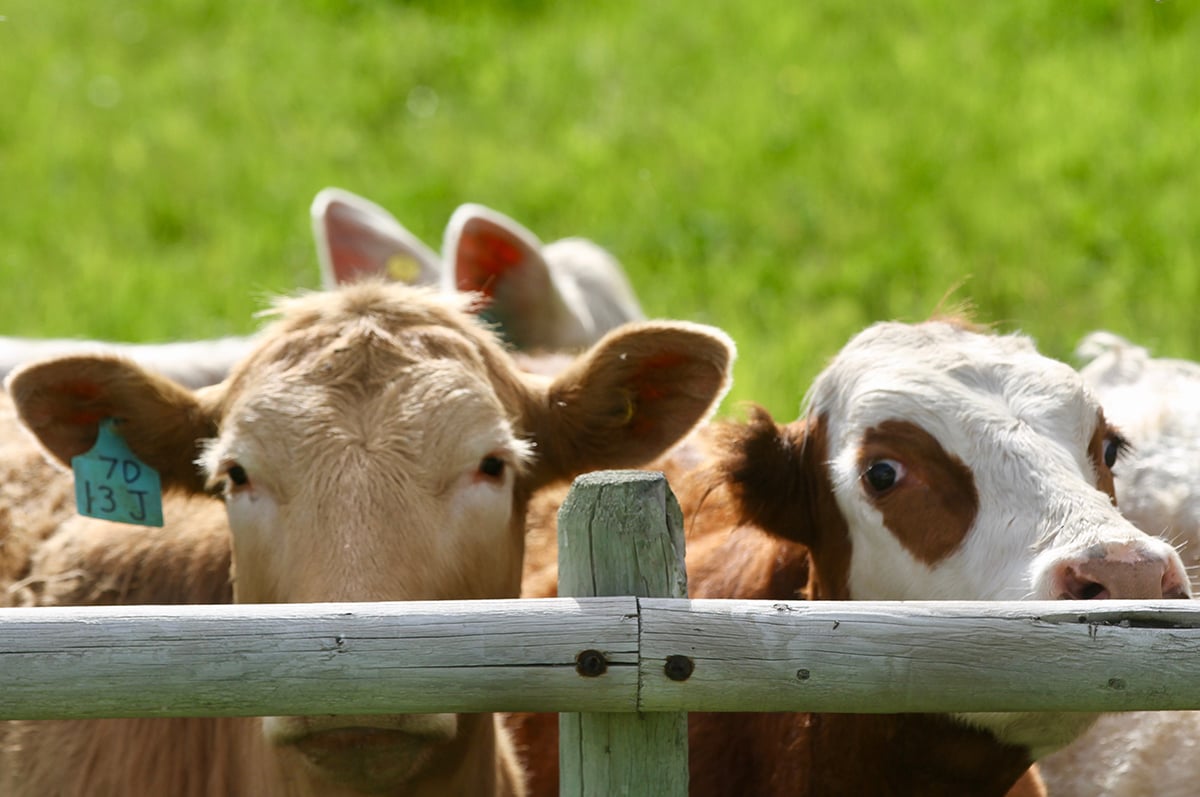A recent report suggesting Canada’s beef industry is missing opportunities and lacks a clear strategy has drawn muted reaction from those in the cattle sector.
The Canadian Agricultural Policy Institute, an Ottawa-based research think-tank, issued a report Sept. 10 pointing out Canada’s reliance on the United States as a market for its cattle and suggesting there are other opportunities elsewhere.
Rob Meijer, chief executive officer of Canada Beef, said Sept. 17 that he welcomed the report and expected it to be discussed at the organization’s annual meeting Sept. 20-21 in Calgary.
Read Also

Feeder market consolidates at historic highs
For the week ending Sept. 6, Western Canadian feeder cattle markets were relatively unchanged compared to seven days earlier.
“On one hand, I say thank you to CAPI for the information and the report. I think it’s going to be very important for the beef value chain round table to have further dialogue on it,” he said.
On the other hand, he noted work on a strategy is ongoing, and “it’s tough for these reports to really get down into the weeds.”
Canadian Cattlemen’s Association executive vice-president Dennis Laycraft also acknowledged value in the report, adding that the beef value chain round table, which brings all sectors of the industry together, will be instrumental in creating the plan that the CAPI report suggested was lacking.
Laycraft said Canada does the bulk of its trade with the U.S., and for obvious reasons.
“It’s the world’s largest beef market, and they’re the world’s largest beef importer,” said Laycraft.
Canada is well positioned to supply U.S. needs quickly and efficiently.
Meijer said it’s also a question of who’s willing to pay — and the U.S. is.
“They are a trading partner, just like any other country is a potential trading partner, and those countries that are able to show us the greatest value will receive our product, our quality, valuable premium product.
“It doesn’t mean that we shouldn’t be looking at a partner like the U.S. and challenging the relationship that we have. I think that’s a healthy debate to have. But until it comes a time when they’re not paying what we see as value for our products, they should remain one of our better trading partners.”
In its report, CAPI said the value of Canadian beef exports to other countries could attract higher premiums than the value of exports to the U.S. As well, it said the beef trade deficit with the Americans is declining, raising the possibility that Canada will not be able to meet future export or domestic needs.















